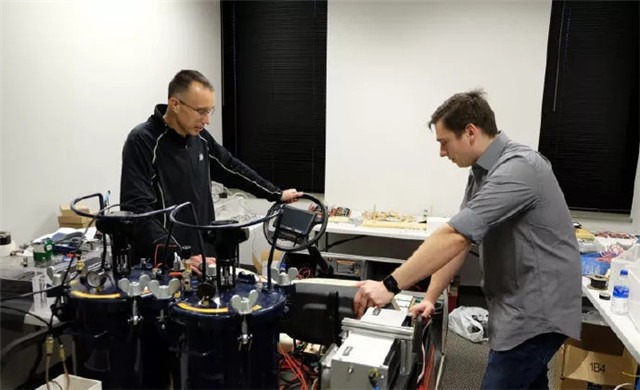
Now the Purdue University team has developed a breakthrough technology. It is said that through its patented liquid flow battery technology, the range of electric vehicles can reach 480km, and there is a better chance to extend it to more than 5000 km in the future.
Compared with the liquid flow battery in the past, the new system has only one set of electrolyte and no membrane or separator. The team engineer pointed out that the research uses water-based electrolyte, which can generate electrons through the oxidation reaction of the anode without using the membrane and separator, and then generate reduction reaction at the cathode to provide power for the car. Among them, the oxidant is the macromolecule in the electrolyte, which will only react at the cathode.
John Cushman, Professor of earth, atmosphere and Planetary Science at Purdue University, said that a single set of liquid flow system can improve the energy density of batteries and provide lighter and longer endurance batteries for electric vehicles.
Purdue University Press Release pointed out that if the new liquid flow battery technology is adopted, the way for car owners to replenish fuel is the same as the current refueling. The driving range is up to 480km, and the anode material can be replaced once after driving 4800km. The cost of replacing the anode is estimated to be about $65.
In addition, the new liquid flow battery system can generate electricity and hydrogen, which can be used in hydrogen fuel vehicles or hydrogen hybrid vehicles. Michael Dziekan, senior engineer of ifbattery, said that the compressed hydrogen pressure in the hydrogen tank of hydrogen fuel vehicles on the market is 5000 or 10000 psi, while the new system can provide hydrogen according to the vehicle model or demand, and the pressure is only 20 or 30 psi, greatly reducing the risk.
Previous One : The 2025 new energy revolution is a node in China
Next One: Standards lead the progress of tricycle industry
Online message

